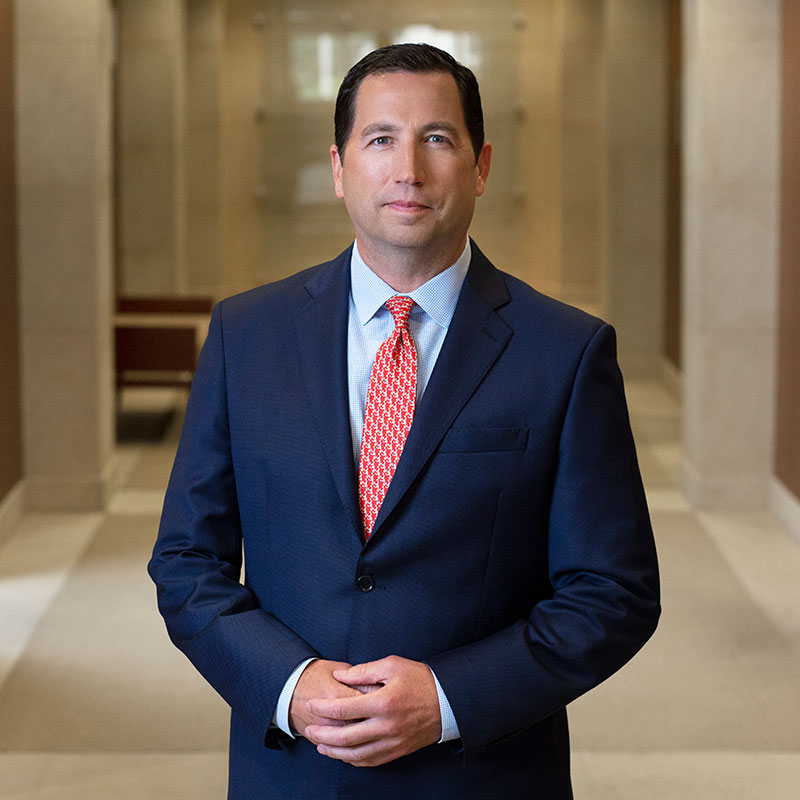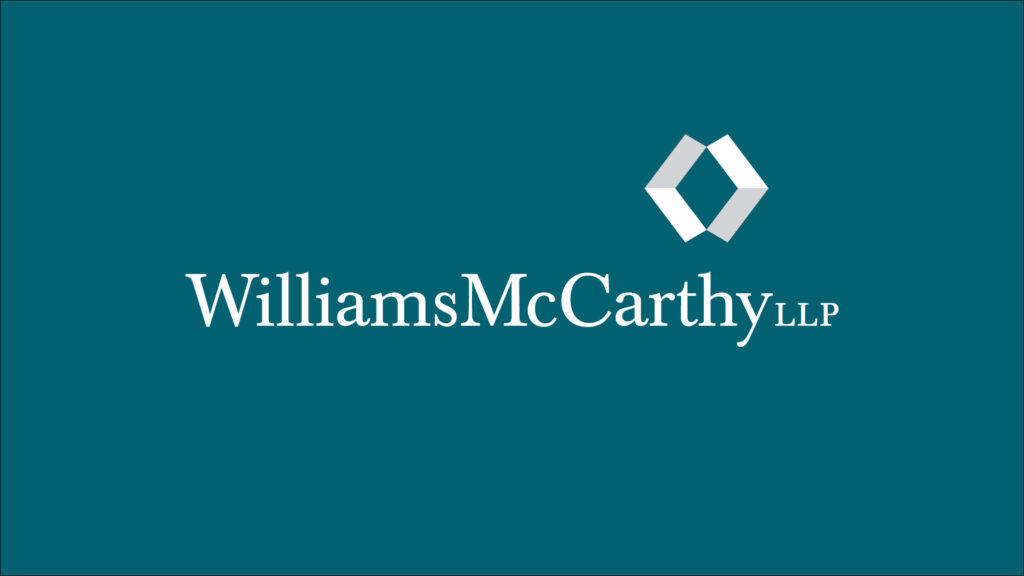This article was first published in the November 2024 edition of the Greater Rockford Chamber of Commerce VOICE.
In 2024, businesses saw an onslaught of new employment laws affecting Illinois employers. If you thought you could comply with those laws and then take a breather for 2025, you were wrong. Here are some of the new laws on the horizon and how they may impact your operations:
Non-Competition Agreements
Non-competes continue to be a hot topic for employers. You may already know that a federal court in Texas blocked enforcement of the Federal Trade Commission’s nationwide ban on non-competition agreements and left regulation to the states. Beginning January 1, 2025, Illinois will be restricting any non-compete or non-solicitation provision entered into after January 1, 2025 with licensed mental health professionals who provide services to veterans and first responders unenforceable if it is likely to result in an increase in cost or difficulty for any veteran or first responder seeking such services.
Amendments to the Illinois Human Rights Act
The Illinois Human Rights Act (IHRA) has been amended in several ways. The Act now prohibits employers from discriminating against individuals based on their reproductive health decisions including the use of contraception; fertility or sterilization care; assisted reproductive technologies; miscarriage management care; healthcare related to the continuation or termination of pregnancy; or prenatal, intranatal, or postnatal care. House Bill 2161 prohibits employers from discriminating against individuals based on their “family responsibilities” such as providing personal care to a family member.
Amendments to the Illinois Equal Pay Act, Effective January 1, 2025
For employers with 15 or more employees, job postings will need to include both the pay scale and benefits for that specific job. The pay range presented for the job should be based on reality, which means the range takes into consideration actual pay of others holding the position, and the amount budgeted for the position. Remote positions also are covered by this law if the employee performs part of the job or reports to supervisors or an office in Illinois. For online job postings, this requirement can be met by including a hyperlink to a landing page with the required disclosures for the job posting.
Amendments to the Illinois Equal Pay Act, Effective January 1, 2025
House Bill 3763 amends the Personnel Records Review Act and expands employees’ rights to inspect and copy their employment records when they complete a detailed request in writing up to two times per calendar year.
However, not all records are fair game. Section 10 of the Act lists the records to which employees are not entitled, which include “an employer’s trade secrets, client lists, sales, projections, and financial data.”
Employees are now permitted to file an action in court if their complaint to the Illinois Department of Labor has not been resolved within 180 calendar days.
Illinois Worker Freedom of Speech Act, Effective January 1, 2025
Senate Bill 3649, entitled the Worker Freedom of Speech Act (WFOS), prohibits “captive audience” meetings if they relate to political or religious matters. Specifically, WFOS prohibits employers from coercing employees into attending or participating, or from retaliating or threatening retaliation against employees for refusing to attend or participate in meetings about the employer’s religious or political opinions.
More Changes Effective January 1, 2026
Artificial intelligence has made its way into Illinois employment law discussions. House Bill 3773 extends non-discrimination to AI tools with respect to their use in recruitment, hiring, and promotion and requires that employers notify employees and applicants regarding its use.
House Bill 5561 expands the scope of the Illinois Whistleblower Act and increases the penalties assessed against employers who take retaliatory action against an employee who discloses or threatens to disclose information related to an activity, policy, or practice of the employer that violates a law, rule, or regulation or poses a danger to employees, public health, or safety.
Understanding the implications of these changes on your business is central to ensuring compliance. Experienced counsel can be invaluable to adjusting your processes, procedures, and documentation accordingly.

Troy Haggestad serves as President of WilliamsMcCarthy LLP and has extensive experience representing business clients in commercial litigation matters involving contractual disputes, shareholder disputes, non-compete litigation, trade secret litigation, insurance coverage litigation, and actions brought under the Uniform Commercial Code. He can be reached at thaggestad@wilmac.com or 815-987-8977.






